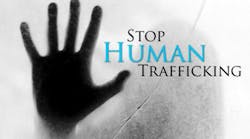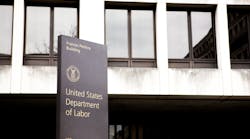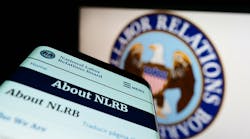Earlier this week a new bill, the Business Supply Chain Transparency on Trafficking and Slavery Act of 2015, was introduced. The bill requires public companies with over $100 million in global gross receipts to publicly disclose any measures to prevent human trafficking, slavery and child labor in their supply chains as part of their annual reports to the Securities and Exchange Commission (SEC).
“There is no question that many goods being sold to American consumers are produced with slave labor, and we have a moral obligation to do something about it,” said Rep Carolyn B. Maloney (NY-12) a sponsor of the bill.
Recent news about issues of human trafficking, as reported by Samuel Rubenfeld in his WJS Blog, is bringing this issue into the forefront.
Slavery and human trafficking in the supply chain have become a greater concern for companies, as reports, such as the one on the front page of The Wall Street Journal on Monday about human trafficking in the Malaysian palm-oil industry, highlight the risks of using far-flung suppliers. Slavery is reportedly common in the seafood sector, where the Associated Press tracked fish from a slave boat to the supermarket, and more recently used space photography to find an alleged slave boat in Papua New Guinea.
Maloney said the legislation is a good first step to “improve reporting and transparency so that we can enforce existing laws against labor abuses and allow consumers to make more informed decisions.” One objective of the bill is to create market competition to improve how businesses identify and address instances of slavery and human trafficking within supply chains.
“Some companies may participate knowingly in human trafficking to pad the bottom line; others are willfully ignorant of where and how their inexpensive products are made; and still others simply do not know,” said Rep. Chris Smith (NJ-04), author of the Trafficking Victims Protection Act of 2000, which mandates the annual world-wide trafficking assessment and ranking report.
“The bottom line is there is no excuse for a company’s complicity or ignorance in the suffering endured by human trafficking victims hidden away in the supply chain,” Smith added.
“It is not enough for a company to say they are unaware of human trafficking in their product line; consumers and Congress want to know that companies are actively taking steps to ensure there are no connections between human trafficking victims and their business products and services,” said Smith.
The sponsors of the bill believe that the having this information on company websites will help consumers make informed purchasing decisions.



